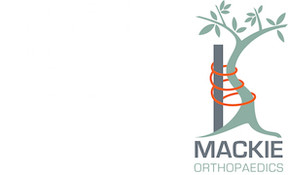|
|

|
« Back
Pain Location Does Not Help Identify Rotator Cuff Tears
|
Posted on: 03/23/2006
|
Some soft tissue lesions have very distinct pain patterns. When the patient points to a certain spot, the doctor knows what's causing the problem. In this study doctors try to pinpoint pain patterns for rotator cuff tears (RCTs). They discovered that pain from RCTs is not location specific.
In other words, the location of the pain does not match the location of the RCT. The authors then looked at specific strength tests used to assess for RCTs. They asked the question: How much weakness signals a RCT?
Muscle strength is graded from one (weakest) to five (normal or strongest). Each of the four tendons of the rotator cuff has its own specific strength test. Muscle weakness less than grade three is a useful test for diagnosing RCTs.
They also found that any amount of weakness in the supraspinatus test is abnormal. And the tests were not all equally accurate because some muscles help compensate for weakness in others.
This was the first study to show that doctors can't rely on the pain location to diagnose a RCT. Muscle testing is helpful but MRIs and arthroscopic exam are the most accurate.
|
References:
Eiji Itoi, MD, et al. Are Pain Location and Physical Examination Useful in Locating a Tear Site of the Rotator Cuff? In The American Journal of Sports Medicine. February 2006. Vol. 34. No. 2. Pp. 256-264.
|
|
|
« Back
|
|
|
|
*Disclaimer:*The information contained herein is compiled from a variety of sources. It may not be complete or timely. It does not cover all diseases, physical conditions, ailments or treatments. The information should NOT be used in place of visit with your healthcare provider, nor should you disregard the advice of your health care provider because of any information you read in this topic. |
 | All content provided by eORTHOPOD® is a registered trademark of Mosaic Medical Group, L.L.C.. Content is the sole property of Mosaic Medical Group, LLC and used herein by permission. |
|
